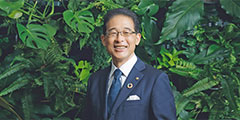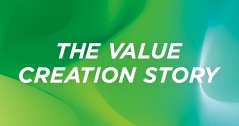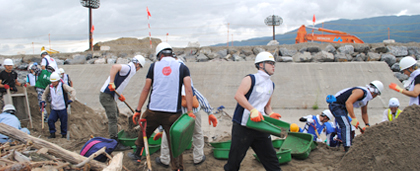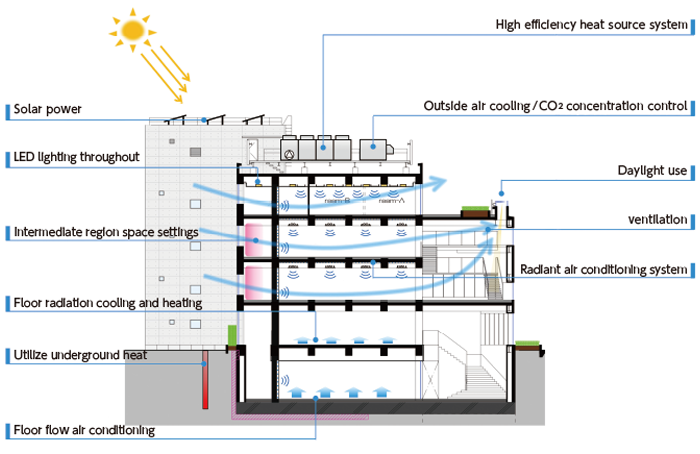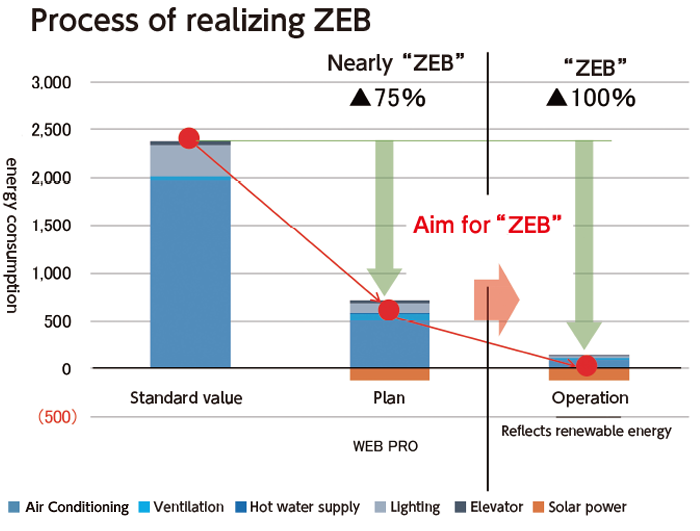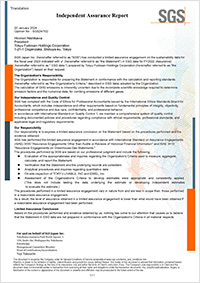SDGs in the
Renewable Energy Business

Tokyu Fudosan Holdings has developed a wide range of businesses while always confronting social issues. In the field of renewable energy, we have been working on the brand "ReENE" since we entered the solar power business in Kagawa in 2014.We are steadily expanding our business with the keywords "contribution to decarbonization," "energy self-sufficiency rate improvement," and "regional contribution,", and became a member of "RE100" in April 2019 .In addition, we have positioned this business as one of the new investment targets in the “Expansion of the area of the recycling-based reinvestment business,” which is one of the growth strategies of the medium-term management plan.The number of solar power plants owned and operated, including those under development, has increased to 50 locations throughout Japan, and the rated capacity has grown to over 1 GW (= 1,000 MW).
We started a capital and business alliance with Renewable Japan Co., Ltd., a renewable energy company in 2017, and have continuing to strength our partnership. We currently are also a sponsor of Renewable Japan Energy Infrastructure Fund, Inc.
ReENE Matsumae Wind Power Plant, (Matsumae-gun, Hokkaido) the first wind power station with a storage battery in Hokkaido, started operation in April 2019. And, Suzuran Kushiro cho Solar power plant, (Kushiro-gun, Hokkaido) which is one of the largest power stations in Japan with a storage battery, has been in operation since February 2020.We plan to expand our assets to include not only the solar and wind power generation business, but also the biomass power generation business and the next-generation renewable energy business in the future.
Renewable energy is positioned as the main power source in Japan, and as the needs and social importance of clean energy increase, power generation companies and related businesses are required to have various functions and specialties.Therefore, Tokyu Land Corporation established the "Renewable Energy Association for Sustainable Power supply (REASP)" in December 2019 jointly with five companies including Renewable Japan Co.,Ltd. We will continue to expand our business by creating a system for stable supply over the long term while discussing with related ministries and agencies.

